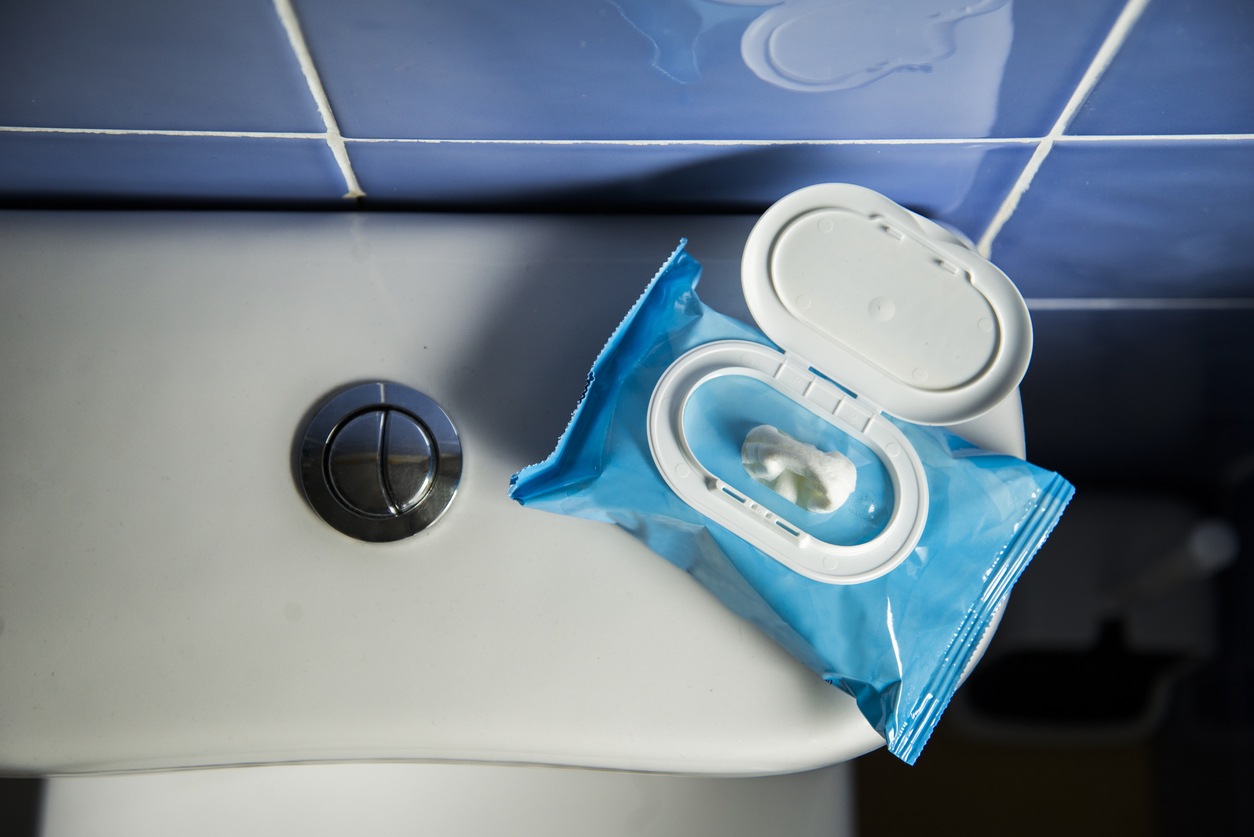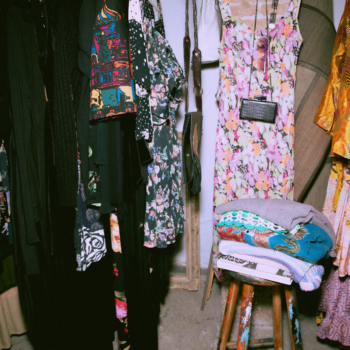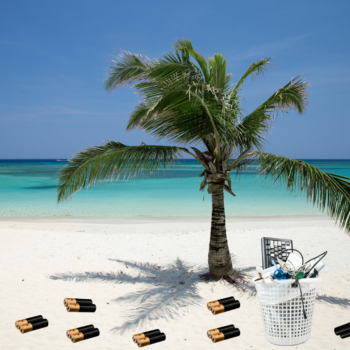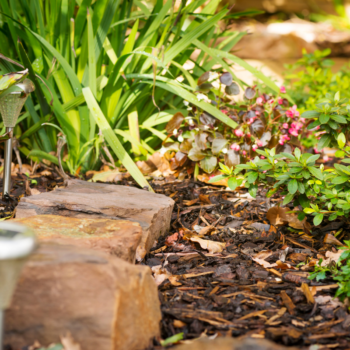|
|
When it comes to personal hygiene, many people have turned to flushable wipes as an alternative to traditional toilet paper. These wipes, marketed as safe to flush, offer a convenient and refreshing option for keeping clean.
However, there has been a growing concern about whether or not flushable wipes are truly flushable and if they can cause potential problems for your plumbing system. In this article, we will explore the truth about flushable wipes and examine the potential risks and benefits associated with their use.
Are Flushable Wipes Safe to Flush?
Before answering this question, it is essential to understand what the term “flushable” means. The term implies that these wipes can be safely flushed down the toilet without causing any issues. However, there is a debate among experts about whether or not flushable wipes are truly safe to flush.
When manufacturers label their wipes as “flushable,” they state that they will disintegrate or break down when flushed. This is important because when items are flushed down the toilet, they need to be able to break apart easily to avoid causing blockages in the plumbing system.
Unmasking the Hidden Risks of Flushable Wipes
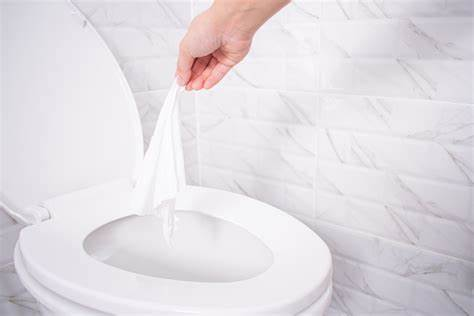
Deceptive Marketing Unveiled
Despite their ‘flushable’ label, flushable wipes harbor potential risks that could wreak havoc on your plumbing system. Plumbers nationwide have reported a surge in cases where clogged pipes and sewer backups can be directly attributed to these seemingly convenient products. The source of the problem? Some flushable wipes don’t fulfill their promise of easy disintegration or breakdown once they hit the water, leading to pesky blockages deep within the sewer system.
Expert Testimony
Plumbers, the unsung heroes of our plumbing systems, are raising red flags about using flushable wipes. Their advice is resounding toilet paper is the sole legitimate resident in your toilet bowl. Designed to disintegrate in water efficiently, toilet paper proves it’s worthwhile. Other wipes, even those dubbed ‘flushable,’ pose a significant risk. When flushable wipes become a part of your flushing routine, your home’s plumbing faces imminent peril, vulnerable to unwelcome clogs and frustrating blockages.
For example, when plumber Rex Kinney is called to address wet wipe-related issues, it’s a clear sign that he’s in for a time-consuming job. As a master plumber working with Jersey Plumbing Service in Basking Ridge, New Jersey, he has dedicated numerous hours to unclogging sewers obstructed by wet wipes.
Kinney and his team routinely invest three to four hours in the process, employing a snaking method that involves using a cable to extract soggy clumps of wipes from the sewer, removing them from the cable, and subsequently reinserting the cable into the muck-filled pipes.
A Closer Look at How Flushable Wipes Impact Your Plumbing System
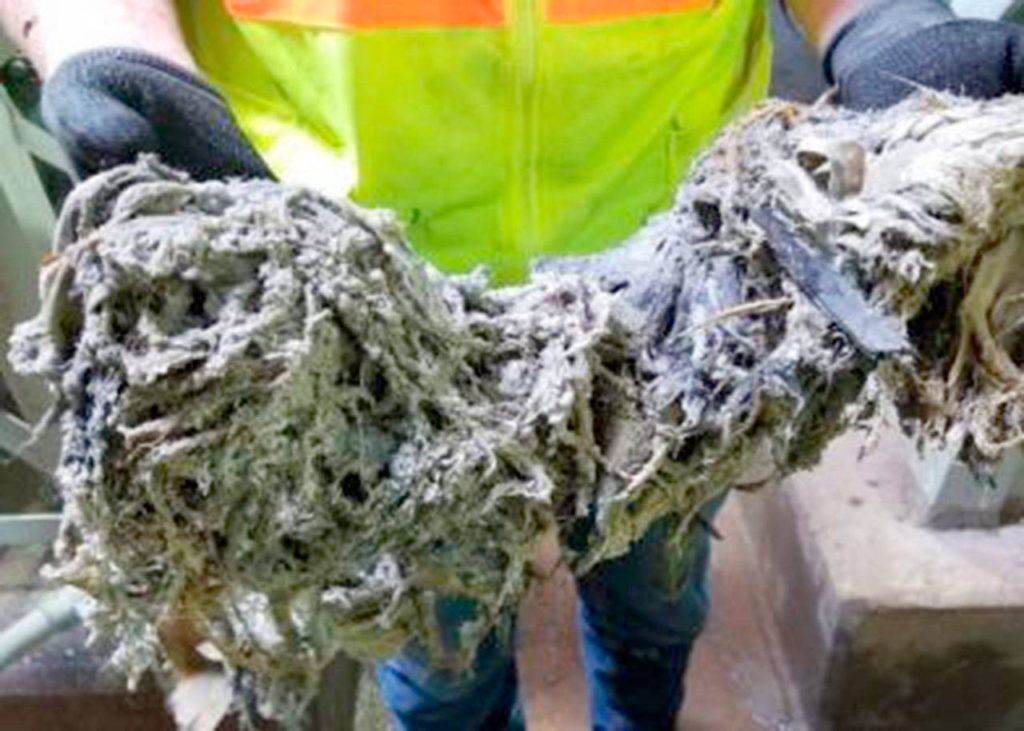
So-called flushable wipes, despite their labeling, are not truly flushable and pose a risk of clogging sewer pipes and pumps, according to a press release from the city of Port Townsend. The city’s Public Works Department emphasized the importance of disposing of all disinfection wipes, even those marketed as flushable, in the trash rather than the toilet.
These products, including wipes, are known to cause sewer blockages, backups, overflows, and potential damage to critical infrastructure. City crews now conduct three weekly inspections in vulnerable sewer pipe areas due to the flushing of these items.
The issue has prompted increased vigilance from city employees. In a demonstration, Seattle Public Utilities showed that disinfectant wipes disintegrate poorly in the sewer system compared to toilet paper. The city of Poulsbo shared an image on its Facebook page of a public works employee cleaning out “flushable” wipes and other debris from the city sewer.
Accumulation and Blockages
Once you flush those seemingly benign flushable wipes down the toilet, they embark on an underground journey that often leads to plumbing turmoil. Unlike their water-soluble counterpart, toilet paper, these wipes maintain their structural integrity. They linger and accumulate within your pipes, gradually evolving into a formidable obstacle that can block wastewater flow. The result? A plumbing disaster that demands the intervention of a plumber to disentangle the mess.
The Septic System Standoff
Using flushable wipes for homes with septic systems escalates the problem to an entirely new level. Septic tanks rely on a delicate balance of natural bacteria to break down waste efficiently. Introducing non-biodegradable elements, such as flushable wipes, upsets this equilibrium. The consequences? Costly and inconvenient repairs to septic systems, along with potential environmental implications.
Preventive Measures
Preventing the clogs and blockages caused by flushable wipes begins with a simple yet effective practice: refrain from flushing them down the toilet. Instead, please place them in a designated waste bin. Furthermore, educating your household and guests about the dos and don’ts of toilet flushing can be pivotal in averting future plumbing disasters caused by ill-fated flushable wipes. Plumbers and experts advocate these preventive measures, urging responsible disposal practices to safeguard your plumbing and septic systems.
Navigating the Flushable Wipes Dilemma: Making an Informed Choice
Comparing Flushable Wipes to Toilet Paper
| Criteria | Flushable Wipes | Toilet Paper |
|---|---|---|
| Cleaning Thoroughness | Offers a more thorough cleanse | Clean moistures table provides a brief comparison between flushable wipes and traditional toilet paper, highlighting aspects related to cleaning thoroughness, moisture content, and the risk of clogs in your plumbing system. |
Pros and Cons of Embracing Flushable Wipes
Pros:
- Enhanced Cleanliness: Flushable wipes provide a thorough and refreshing cleansing experience, making you feel cleaner after each use.
- Ideal for Certain Needs: They are handy for individuals with specific medical conditions and parents dealing with diapers, offering extra convenience.
Cons:
- Clog Risk: Excessive use of flushable wipes can lead to clogs in your plumbing, causing inconvenience and potential repair costs.
- Septic System Impact: Homes with septic tanks face more severe issues, as non-biodegradable wipes can disrupt the septic system, leading to costly repairs.
Weighing the Pros and Cons
The ultimate decision regarding flushable wipes hinges on your inclinations and capacity to comprehend the associated risks. If you opt to include flushable wipes in your hygiene regimen, it’s imperative to adhere scrupulously to the manufacturer’s guidelines.
Most importantly, exercise restraint and dispose of them in a waste bin when it’s time to part ways with these moisture-laden allies. By taking this cautious route, you can balance personal hygiene and preserving your plumbing’s well-being, making a more informed and responsible choice.
Safe Disposal of Flushable Wipes

Proper Disposal Method
- Don’t Flush: Despite the name, flushing flushable wipes down the toilet isn’t safe and can lead to plumbing issues and environmental harm.
- Bin Them: The best practice is to place flushable wipes in a waste bin. This ensures responsible and environmentally friendly disposal, preventing harm to your plumbing system and the environment.
- Use Trash Bins: If there are no waste bins available, consider using a lined trash bin in your bathroom for easy and safe disposal.
Eco-Friendly Alternatives
- Compostable Wipes: If you prefer the convenience of wipes but want to avoid potential plumbing and environmental problems, consider using compostable wipes. Some companies offer these eco-friendly options, allowing you to safely discard them in compost bins or designated waste containers, providing convenience without environmental concerns.
- Recycle Packaging: Be environmentally conscious not only with the wipes themselves but also with their packaging. Some packaging can be recycled, contributing to reducing your environmental footprint.
The Environmental Impact of Flushing Flushable Wipes
Flushing flushable wipes may seem convenient, but it can spell trouble for the environment. When these wipes are flushed, they often end up in our natural waterways, such as rivers, lakes, and oceans. The consequences of this improper disposal are far-reaching and detrimental to our ecosystems.
Contributing to Pollution: These flushed wipes contribute to pollution in water bodies. The materials in the wipes do not break down as quickly as toilet paper, and this slower breakdown releases harmful substances into the water, affecting its quality.
Harming Marine Life: Marine life can suffer due to flushable wipes that reach the oceans. These wipes pose an ingestion risk to aquatic animals, and they can also get entangled with coral reefs and other marine ecosystems.
We can significantly reduce these negative environmental impacts by disposing of flushable wipes responsibly.
Common Misconceptions About Flushable Wipes
While flushable wipes may carry labels suggesting they are safe for flushing, it is essential to address some common misconceptions:
Baby Wipes Aren’t Exceptional: Despite some baby wipes being labeled flushable, they present the same risks as other flushable wipes. It’s advisable not to flush baby wipes to prevent clogs and plumbing issues.
Questioning Flushable Claims: The assertion that flushable wipes are entirely safe to flush is questionable. While some may disintegrate as promised, the risk of clogs and plumbing problems outweighs their convenience.
Commercial Plumbing: The risks extend beyond residential use. Even in commercial settings, it’s recommended to avoid flushing flushable wipes. Commercial plumbing systems are not immune to these risks, and their use can result in costly repairs and operational disruptions.
Understanding the environmental impact and addressing these misconceptions can help protect our environment and plumbing systems.
Frequently Asked Questions
Flushable wipes are marketed as being safe to flush down the toilet. However, there is some debate about whether they are truly flushable.
Flushable wipes, also known as wet wipes or toilet wipes, are moistened wipes that are designed to be used for personal hygiene purposes. They are often used as an alternative to toilet paper.
Flushable wipes can cause blockages in the plumbing system. While they are marketed as being flushable, they do not break down as toilet paper does and can cause clogs and blockages in pipes and sewer lines.
While flushable wipes are marketed as being safe for your septic system and home plumbing, it is recommended that you do not flush them down the toilet. It is safer to dispose of them in the trash instead.
Flushable wipes seem a great option because they are convenient and provide a fresh, clean feeling. However, it is essential to consider the potential risks and drawbacks of flushing them.
Flushable wipes are often marketed as being biodegradable. While they may break down over time, they do not break down as quickly or easily as toilet paper.
Instead of flushing flushable wipes down the toilet, it is recommended that you dispose of them in the trash. This will help to prevent potential blockages and plumbing issues.
Conclusion
In conclusion, the truth about flushable wipes is essential for responsible and environmentally conscious living. Despite their convenient labeling, these wipes can significantly negatively impact our plumbing systems and the environment.
Understanding the potential risks and adequately disposing of flushable wipes can help mitigate these issues. Choosing eco-friendly alternatives or compostable wipes can provide a convenient solution without compromising our surroundings. By debunking misconceptions and adopting responsible practices, we can contribute to a cleaner and healthier planet while ensuring the longevity of our plumbing systems.
